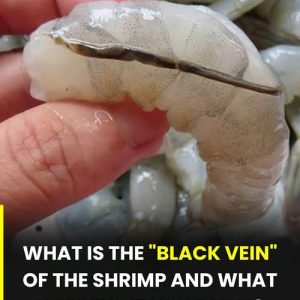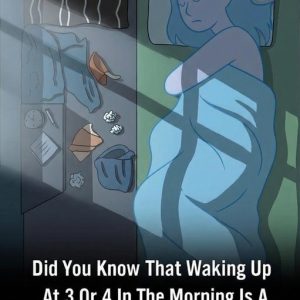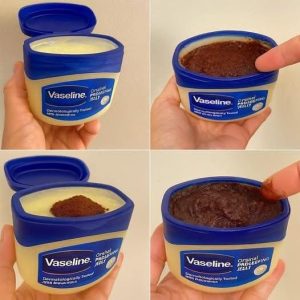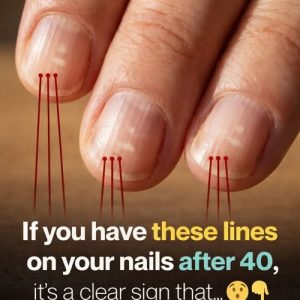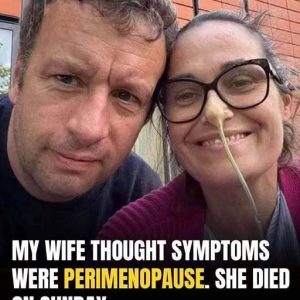I thought Bella said, “You must play.” It would’ve fit—teasing, laughter, some silly board game. But her face was hard, her voice cold.
“You must pay.”
The tea in my hand went weightless. “Pay for what?”
“For abandoning me.”
Her words hit like a slap. I tried to explain. I was at every birthday, every play, every graduation. But she wasn’t comforted.
“You were always there,” she said, “but never mine.” She told me she found the clinic papers, the legal agreement—the truth I’d kept quiet.
I told her why I offered my egg: because I loved her mother, my best friend, who couldn’t have children. Because I believed I could love Bella and still let her go to a stable home.
“I am not a plan,” Bella said sharply. “I’m your daughter.”
I remembered the night she was born—the hospital tiles, her hiccuping kicks, holding her in my arms before passing her to her mother. “I loved you anyway,” I whispered.
Over time, we rebuilt. Coffee turned to walks, calls, art shows where she introduced me as “my mom.” When her mother fell ill with Alzheimer’s, I came back, stayed, helped.
Bella’s anger softened into understanding. “You already paid—with your body, your heart, your silence.”
At her wedding, she said, “Love isn’t just who holds you. Sometimes it’s who lets go so you can be held.”
Years later, holding my granddaughter’s small hand, I felt a quiet peace. Contracts drew our first lines, but love—messy, stubborn love—colored outside them.
